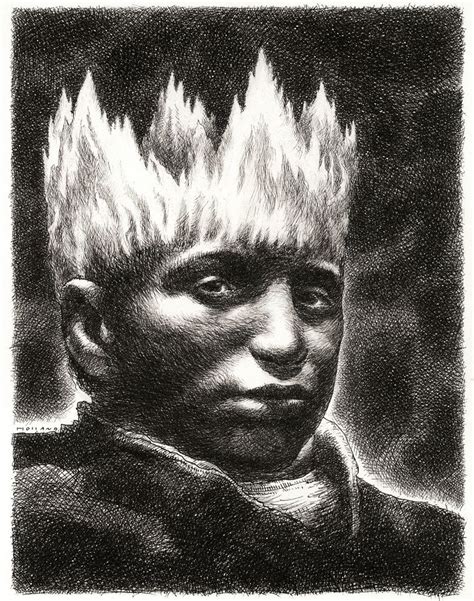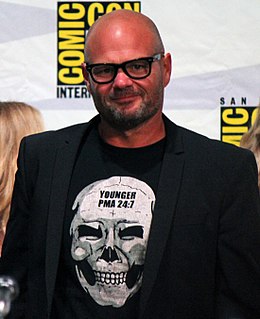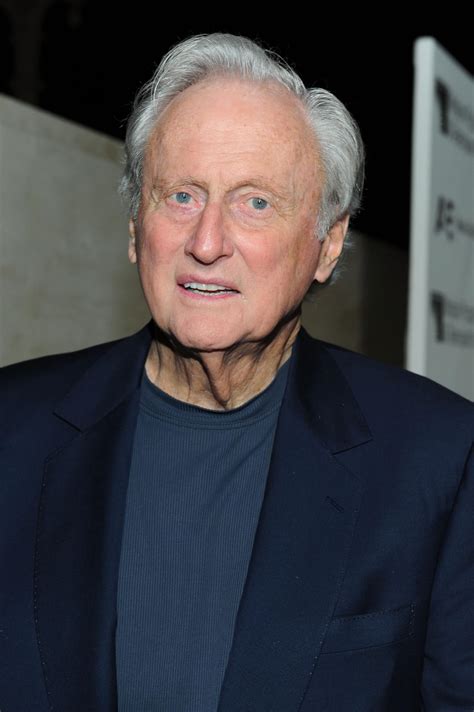A Quote by Brad Holland
I've never understood why artists, who so often condescend to the cliches of their own culture, are so eager to embrace the cliches of cultures they know nothing about.
Related Quotes
Beware of clichés. Not just the clichés that Martin Amis is at war with. There are clichés of response as well as expression. There are clichés of observation and of thought - even of conception. Many novels, even quite a few adequately written ones, are clichés of form which conform to clichés of expectation.
Life is not bad, and it doesn't look more real if it's ugly or it's gritty. Think of your own life. Most of what's in your own life, hopefully, is exactly that. Friendship and love and passion for movies and cartoons and comic books, whatever it is that you love. Most of the way we live our lives involves looking for pleasure and beauty and happiness and affection. Real artists don't use reflexive clichés about things. It's about honoring the reality of people's lives, which defies conventions and clichés and expectations. People are interesting, period.







































